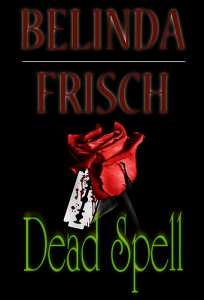 I published my novel, “Dead Spell”, myself and not necessarily because I had to, but because I wanted to. It’s niche genre fiction and has found its home in the horror community at large. Some of the reviews have been beyond my wildest dreams awesome and from their content, I can tell I really reached my readers on the intended deeply emotional level.
I published my novel, “Dead Spell”, myself and not necessarily because I had to, but because I wanted to. It’s niche genre fiction and has found its home in the horror community at large. Some of the reviews have been beyond my wildest dreams awesome and from their content, I can tell I really reached my readers on the intended deeply emotional level.
I’m a huge fan of the independent publishing movement, if it’s done right. Writing is a craft that one hones over years and years of practice and persistence. It requires a commitment to quality and form and everyone needs an editor. Everyone. I worked with two on Dead Spell.
Once you have that finished, polished final draft, the decision comes: traditional or independent publishing. Here are the pros and cons as I see them:
Pros (because I always like the good news first):
- Most importantly, your book WILL get published. No matter what.
- You have complete control over content.
- Less stringent genre definitions or at least, less need to adhere to a single genre.
- Larger author’s cut. If the book is a success, you make way more than you’d make with a traditional publisher–especially if you’re a newbie.
- You determine what your cover looks like. This might not seem like a big deal, but write a great book, have a trad throw a cover you hate on it, and see how you feel about that.
- No deadlines except for the ones you set for yourself. If you’re a family person and/or a day job holder, you know the benefits of this.
- No querying, synopsis, or rejection. Yes, you have to do a sales blurb, but that’s nowhere near as nail-biting.
- No waiting. The book can be printed, uploaded, whatever usually within 24 hours.
- POD services like Create Space put out a professional looking product. You can have a print copy, too.
- Royalties come faster. I don’t know of a single traditional publisher that can get you royalties by 60 days out or so.
- Community. Independent authors tend to band together across the genres to support one another in marketing and writing. Seek out these groups on Facebook and Twitter. Let them help you and help them back.
Cons (put down your tomatoes):
- You are everything: author, editor, cover designer, etc. If you cannot be any of these things, you will have to pay for someone that can.
- Errors get missed. There’s less thorough screening and so the end product may be imperfect. On the flip side of this, I overlook minor grammatical errors in indie books and hope we’re all on the same page on that.
- Up-front costs. I’m over $600.00 plus at this point between editing, cover, printing, advertising, writing society memberships, etc. Why do I include memberships? Because having them=free advertising. I can safely say they’re an associated, albeit tax deductible, cost.
- No advance money to live off of. You might make little or no money and for those of us longing to quit the day job to write, that is frustrating as hell.
- Lighting never strikes the same place twice. What happened for “you know who”, will not likely happen again. There’s a lot of indie propaganda trying to lure people over to our little dark side and the fact is, that when you get here, yes, we have brownies, but we don’t all have insane sales.
- The pond has runneth over. Writers of every kind are flooding the market with books varying from unreadable crap to indie gold and everything in-between. It is getting harder to get noticed which brings me to my next point:
- Marketing and social networking is a major time suck, but you need to build a platform. If you don’t expand your social circles and market your product, you will not sell books. Period. I’m fairly rigid on this one. This does take away valuable writing time.
- The stigma. I’m still appauled when this happens, but there is a definite stigma with independent publishing and it could hinder your chances with lit agents and publishers later on in your career. Not all, certainly not even the majority these days, but some will look down their noses at you. I’d decide that this is something you can deal with if needs be, first. If traditional publishing is your ultimate goal, you might want to hold out a little longer before doing it yourself.
It’s a choice every writer has to make for themselves. I couldn’t be happier. Dead Spell is available on Amazon (print and Kindle), Create Space (print), Barnes & Noble, and Smashwords.
Get an Editorial Review | Get Amazon Sales & Reviews | Get Edited | Publish Your Book | Enter the SPR Book Awards | Other Marketing Services






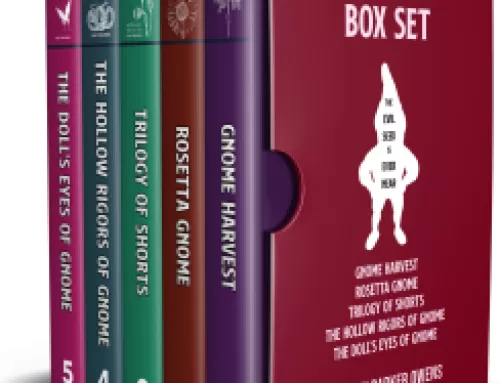







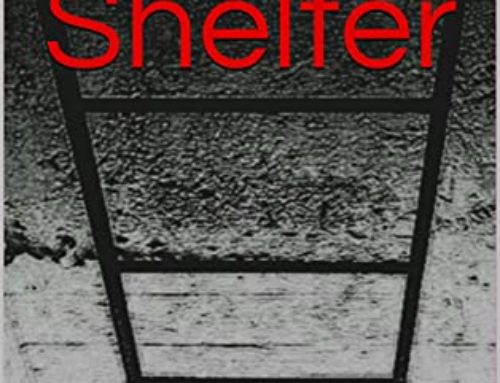
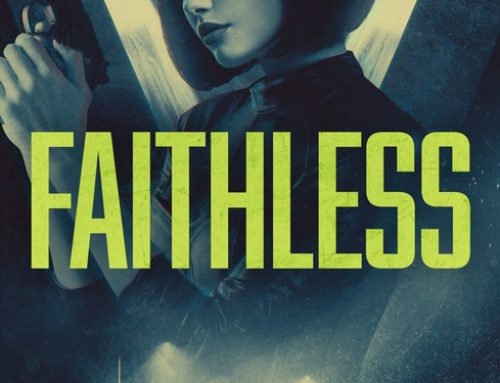
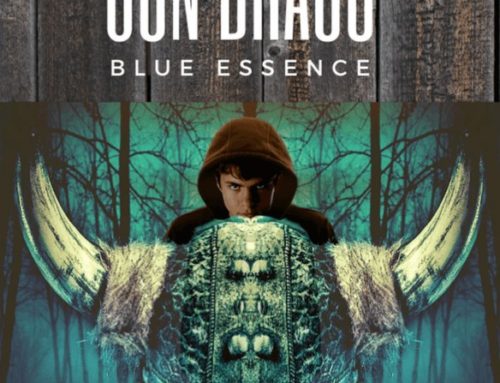





Belinda, this is an interesting way to line up the issues independent publishers face. I would only broaden your stigma point a bit. I believe it still exists among older readers of non-genre fiction. (By the way, since our last names are so similar, I’ll disclose to anybody who might read this that I don’t think we’re related.) Having said that, I hope Dead Spell is a success for you.
Interesting take on the pros and cons. As for con #2, I often see this brought up, but I can’t count how many traditionally published books I’ve read that have contained errors. Even the Big Six’s editors aren’t infallible. Sure, there’s a higher prevalence of grammatical and typographical errors in the self-pub realm, but typos happen, and sometimes they get missed, even in the hands of major publishers.
Re: con #1
It’s dangerous to be your own editor. Even editors who write books should hire other editors. Amateur covers are usually terrible, too.
Michael N. Marcus
— http://www.BookMakingBlog.blogspot.com
— http://www.BooksForAuthors.com (reviews of books for writers)
— http://www.Self-Pub.info
— Create Better Books, with the Silver Sands Publishing Series: http://www.silversandsbooks.com/booksaboutpublishing.html
— “Stories I’d Tell My Children (but maybe not until they’re adults),” http://www.amazon.com/dp/0981661750